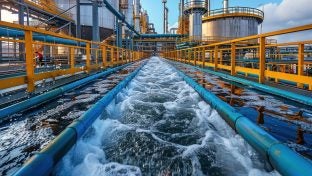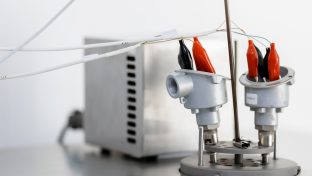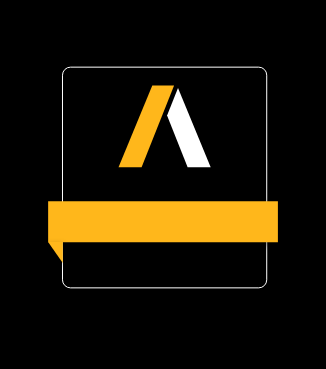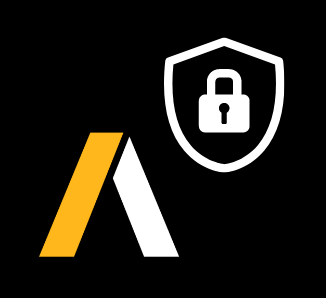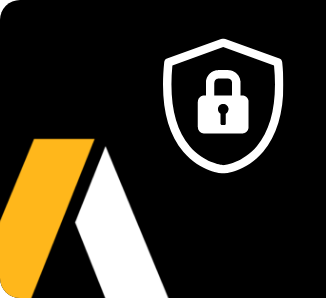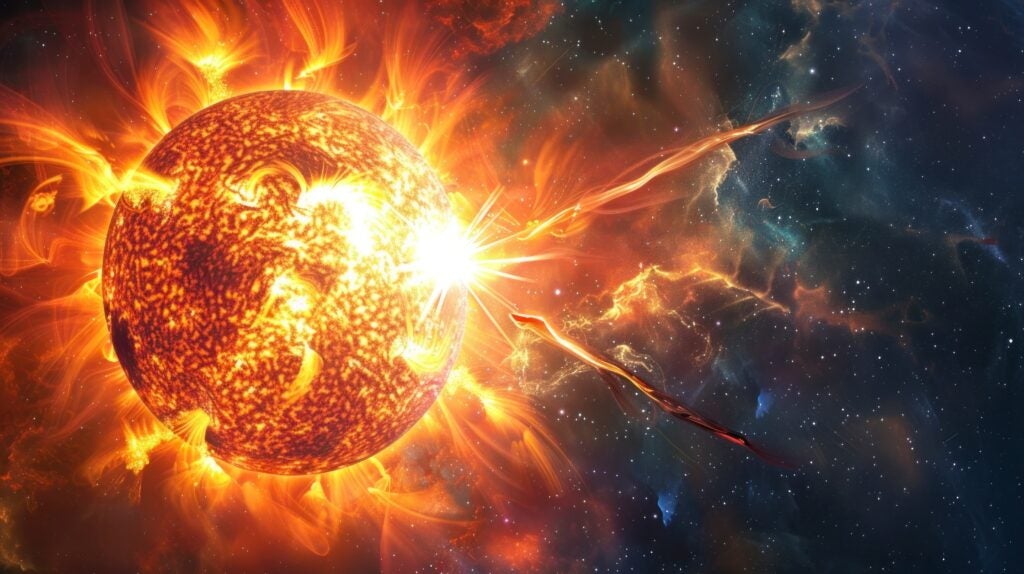
COURSES
![]() This comprehensive learning track provides an in-depth understanding of radiative heat transfer, beginning with the science of thermal radiation heat transfer. It explores the applications of thermal radiation in various fields such as furnace design, satellite thermal control systems, insulation design, climate prediction, and solar thermal collector design. The track also explains how to measure radiation in terms of wavelength, frequency, and wave number, while further delving into concepts such as emissive power, intensity, solid angle in radiation, and the radiative properties of surfaces. The track further provides a detailed understanding of the concept of blackbody in radiation heat transfer, Planck's blackbody radiation, its formula for emissive power, and the principles of statistical and quantum mechanics used in its derivation. It includes a discussion on Einstein's approach to the subject and the idea of induced emission, as well as a comprehensive understanding of Kirchhoff's law in radiation heat transfer and the concept of emissivity of metals. The track proceeds with a focus on the geometric configuration factor or the shape factor for different geometries. It also covers the concept of radiative heat transfer in enclosures, the impact of spectral variation of properties on heat transfer, and the design of tungsten filament lamps. The understanding of radiative heat transfer in gases and its application in real-world scenarios is also covered. The track explores the basic concept of radiative transfer, absorption, and scattering of radiation in gases, the Plane Parallel Model, the optically thin and thick limits in radiation heat transfer, and the radiative properties of gases. Finally, the track delves into the significant role of radiative heat transfer in Earth's climate, the balance between solar radiation absorbed by the Earth and radiation emitted by the Earth to space, and the potential future implications of increased carbon dioxide levels. The learning track concludes with a discussion on the scattering phenomenon, reflectivity and transmittance, complexities of scattering problems, and scattering models and techniques as well as the Monte Carlo method.
This comprehensive learning track provides an in-depth understanding of radiative heat transfer, beginning with the science of thermal radiation heat transfer. It explores the applications of thermal radiation in various fields such as furnace design, satellite thermal control systems, insulation design, climate prediction, and solar thermal collector design. The track also explains how to measure radiation in terms of wavelength, frequency, and wave number, while further delving into concepts such as emissive power, intensity, solid angle in radiation, and the radiative properties of surfaces. The track further provides a detailed understanding of the concept of blackbody in radiation heat transfer, Planck's blackbody radiation, its formula for emissive power, and the principles of statistical and quantum mechanics used in its derivation. It includes a discussion on Einstein's approach to the subject and the idea of induced emission, as well as a comprehensive understanding of Kirchhoff's law in radiation heat transfer and the concept of emissivity of metals. The track proceeds with a focus on the geometric configuration factor or the shape factor for different geometries. It also covers the concept of radiative heat transfer in enclosures, the impact of spectral variation of properties on heat transfer, and the design of tungsten filament lamps. The understanding of radiative heat transfer in gases and its application in real-world scenarios is also covered. The track explores the basic concept of radiative transfer, absorption, and scattering of radiation in gases, the Plane Parallel Model, the optically thin and thick limits in radiation heat transfer, and the radiative properties of gases. Finally, the track delves into the significant role of radiative heat transfer in Earth's climate, the balance between solar radiation absorbed by the Earth and radiation emitted by the Earth to space, and the potential future implications of increased carbon dioxide levels. The learning track concludes with a discussion on the scattering phenomenon, reflectivity and transmittance, complexities of scattering problems, and scattering models and techniques as well as the Monte Carlo method.
-
Cost: FREE
- Course Duration: 6+ HOURS
- Skill Level: Intermediate
- Skills Gained: Heat Transfer, Radiation
No reviews available for this learning resource.

